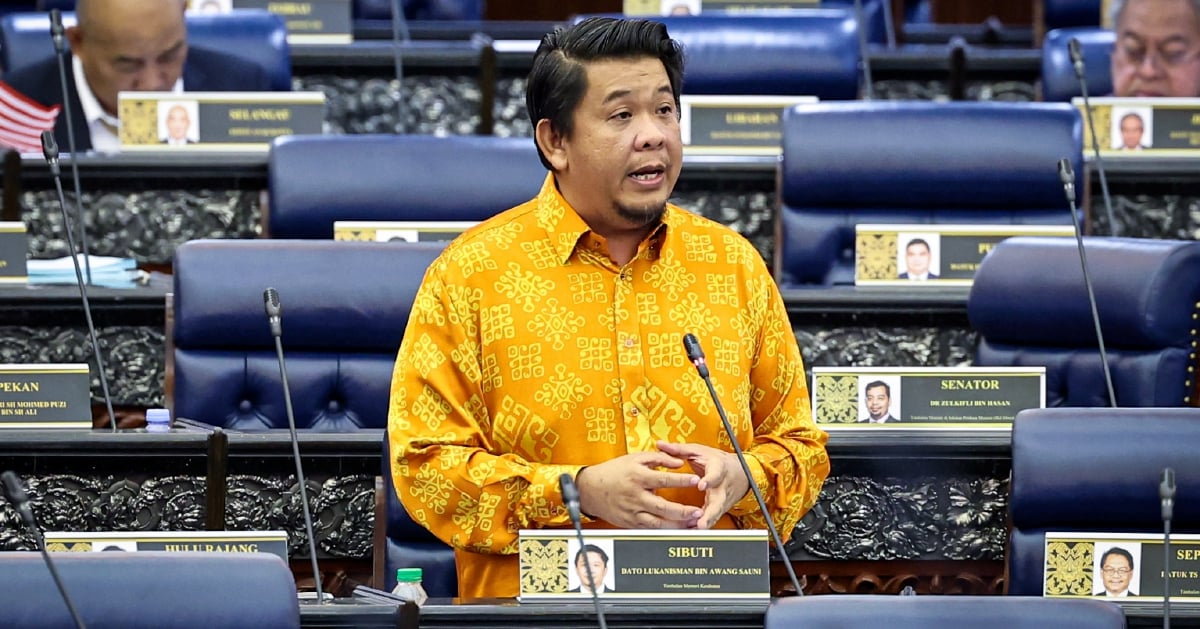KUALA LUMPUR: Food control on imported vegetables at the country’s entry points has been tightened to ensure food safety and prevent contamination by harmful substances.
This follows the recording of pesticide residue violations between 2022 and 2024, involving 2.38 per cent of vegetables imported into the country, said Deputy Health Minister Datuk Lukanisman Awang Sauni.
“Imported vegetables that do not comply with the maximum residue limits of pesticides, as stipulated under Regulation 41(3) of the Food Regulations 1985, will be subjected to enforcement actions.
“This includes orders for product recalls nationwide, disposal, re-export, as well as prosecution in court.
“Hold, test, and release actions will be imposed on subsequent consignments, while import bans can also be enforced based on established criteria.
“Violations of the maximum pesticide residue limits under the Food Regulations 1985 constitute an offence that cannot be compounded,” he said in reply to Senator Tiew Way Keng in Dewan Negara.
Tiew inquired about the measures taken to ensure the quality of imported vegetables and the number of cases compounded and charged in court under the Food Act 1983.
Lukanisman said that as an additional measure, from Feb 3, 2022, imported fresh chili from Vietnam without a certificate of analysis from approved laboratories will be rejected upon entry.
He added that this control coordination is carried out in cooperation with the Agriculture Department under the Ministry of Agriculture and Food Security.
© New Straits Times Press (M) Bhd






